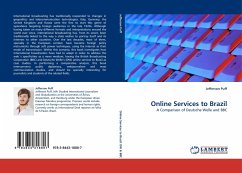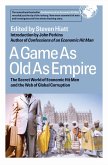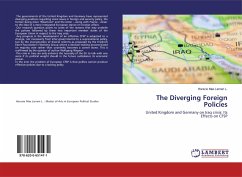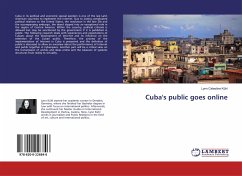International broadcasting has traditionally responded to changes in geopolitics and telecommunication technologies. Italy, Germany, the United Kingdom and Russia were the first to start this genre of operations targeting foreign audiences in the late 1920s. Although having taken on many different formats and interpretations around the world ever since, international broadcasting has, from its onset, been traditionally linked to the way a state wishes to portray itself and its interests to other countries. Over the last decades, most of them, specially in the European context, have become foreign policy instruments through soft power techniques, using the internet as their mode of transmission. Within this scenario, this book investigates how international broadcasters have had to adapt in order to address the web´s specificities as a news medium, having the British Broadcasting Corporation (BBC) and Deutsche Welle's (DW) online services to Brazil as case studies. In performing acomparative analysis, this book interconnects public diplomacy, webjournalism and mass communication studies, and should be specially interesting for journalists and students of the related fields.








